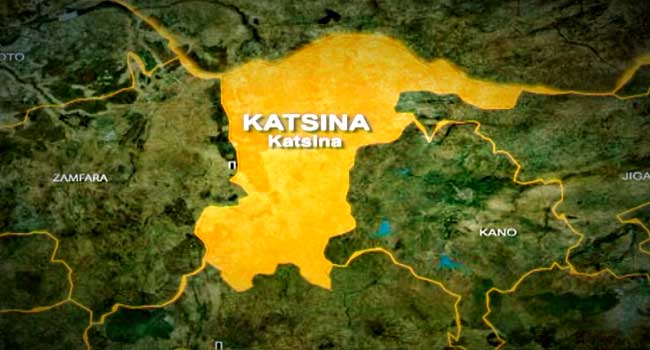The Katsina State Government has withdrawn the operational licences of all private and community-owned schools in the state, effective from August 13, 2025. The decision, according to the government, is aimed at improving quality and enforcing standard practices in the education sector.
The announcement was made through a circular issued by the State Ministry of Basic and Secondary Education and signed by the Commissioner, Hajiya Zainab Musa-Musawa. The circular was made public on Saturday by the ministry’s Public Relations Officer, Malam Sani Danjuma.
The move affects hundreds of schools across the 34 local government areas of the state and has stirred conversations among education stakeholders, school owners, and parents.
According to the circular, the withdrawal of licences is part of a broader effort by the state government to strengthen regulation, ensure quality education delivery, and maintain consistent standards across all schools.
“The withdrawal of licenses is aimed at ensuring that schools operate in line with approved standards and provide quality education to students,” Danjuma said.
The ministry emphasized that many schools currently operate below expected standards in areas such as curriculum delivery, staff qualifications, school environment, and pupil welfare. The state government believes a complete review is necessary to weed out unqualified operators and ensure compliance with educational policies.
Following the revocation, all affected schools must now apply for fresh licences to continue operations. The circular stated that school owners must provide evidence of payment for new licence applications, registration, and annual renewal fees.
“All school proprietors are required to obtain fresh licences by submitting proof of payment to the ministry on or before September 30, 2025,” the circular added.
The reapplication process is expected to include inspection of school facilities, review of staff qualifications, class sizes, and curriculum standards. Officials from the Ministry of Education will carry out the assessments.
Failure to comply with the deadline will result in sanctions, including closure of the affected schools.
The state government also warned school owners against increasing tuition fees or other charges without prior approval from the ministry. This directive is aimed at protecting parents and guardians from sudden hikes in school fees, which are already a burden for many households.
“School operators are strictly warned not to increase tuition or introduce new charges without express approval from the Ministry of Basic and Secondary Education,” the statement read.
The government said it will be monitoring schools closely and will respond to any violations accordingly.
The Ministry of Education also noted that it will soon release additional guidelines, which will include the categorization of schools based on their infrastructure, academic performance, staff strength, and location.
A revised fee structure for registration and renewals will also be introduced in the coming weeks. The categorization is expected to help the ministry streamline oversight and ensure schools operate within their approved capacities.
Reactions have begun to pour in from affected school owners and other stakeholders. While some see the move as a necessary step toward cleaning up the education sector, others fear it may disrupt the academic calendar and negatively impact students.
A school proprietor in Katsina metropolis, Mallam Abdulazeez Lawal, expressed concern over the short notice and its financial implications.
“We are not against regulation, but the government should have given more time. Many schools are still recovering from economic challenges. Reapplying and paying new fees may be difficult for smaller schools,” he said.
A parent, Hajia Maryam Yakubu, welcomed the government’s move but cautioned against using it to target schools unfairly.
“We want good education for our children, and the government must make sure only qualified schools are allowed to operate. But the process must be fair and not selective,” she said.
Despite the concerns, the Katsina State Government insists the decision is final and will not be reversed. The Commissioner for Education, Hajiya Zainab Musa-Musawa, has urged all affected schools to cooperate with the ministry to ensure that education standards are upheld in the state.
“The future of our children is too important to be left unregulated. This exercise is not to witch-hunt anyone, but to make sure every child receives the quality education they deserve,” she said in a separate media interview.
As the September 30 deadline approaches, many school owners are expected to begin the reapplication process. The coming weeks will determine how smoothly the transition unfolds and whether the new system will bring the desired change in Katsina’s education sector.

